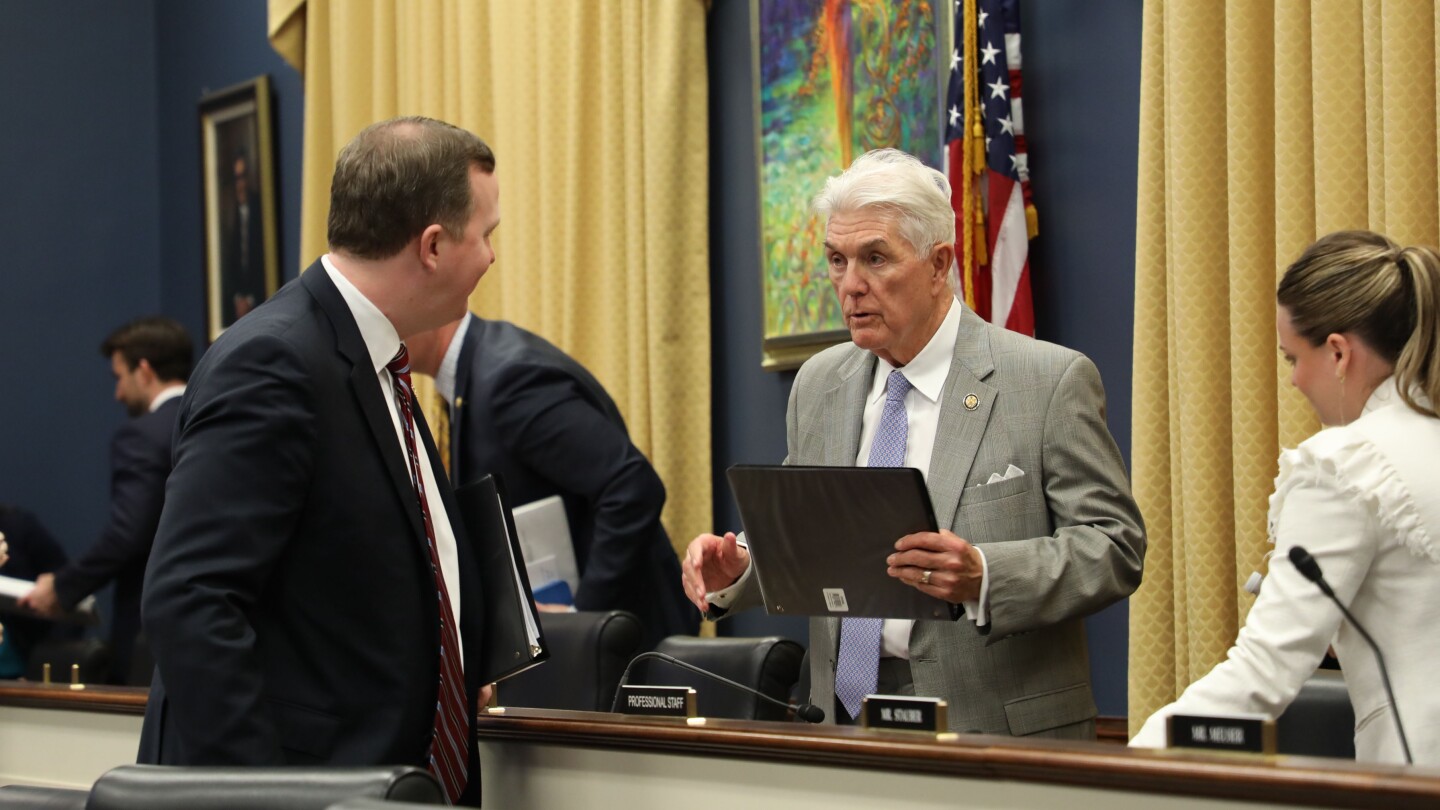Trade Tensions Simmer: Japan Holds Breath for US Deal Breakthrough

Japan's landmark trade agreement with the United States remains in limbo, as key presidential directives on critical sectors like pharmaceuticals and semiconductors have yet to be finalized, according to Japan's chief trade negotiator. The unexpected delay has cast uncertainty over the comprehensive economic partnership, signaling potential complications in the bilateral trade relationship.
Speaking on Saturday, the top Japanese trade official emphasized that the agreement is still not fully settled, highlighting the ongoing negotiations and the need for Washington to complete its promised executive actions. The unresolved details particularly focus on tariff arrangements for high-tech and medical industries, which are crucial to both nations' economic strategies.
This development underscores the complex nature of international trade negotiations and the intricate diplomatic dance between the United States and Japan as they seek to strengthen their economic ties while protecting their respective industrial interests.








